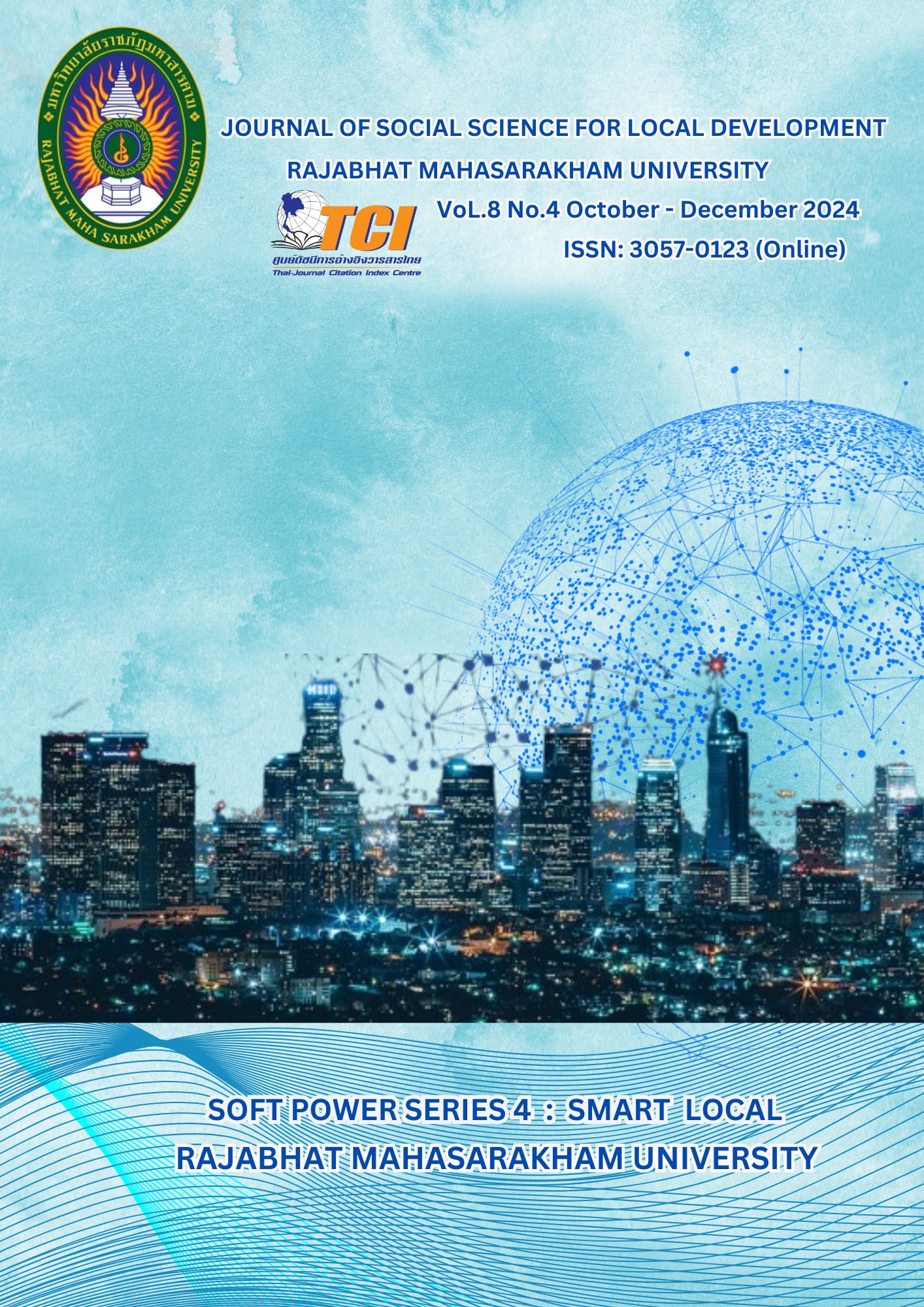A Study on Primary 6 (Grade 6) Students’ Learning Achievement in Dramatic Dance Course Using the Synectics lnstructional Model
Keywords:
Learning Achievement, Dramatic Dance Course, Synectics Instructional ModelAbstract
The purposes of this study were to 1. to compare students’ learning achievement in the knowledge of dramatic dance course among Primary 6 (Grade 6) students at Surat Thani Provincial Administrative Organization School 2 (Ban Don Kliang) using the Synectics instructional model between before and after learning 2. to compare students’ learning achievement in the knowledge between the experimental group using the Synectics instructional model and the control group using a normal instructional model and 3. to compare students’ learning achievement in the practical skills between the experimental group using the Synectics instructional model and the control group using a normal instructional model. The samples consisted of Primary 6 (Grade 6) students at Surat Thani Provincial Administrative Organization School 2 (Ban Don Kliang), totaling 2 classrooms with mixed competence. The experimental group comprised 30 students instructed with the Synectics instructional model, while the control group included 30 students receiving normal instructional methods, selecting via group sampling. Research instruments included 1) Synectics instructional model 2) six learning management plans 3) two tests and 4) four practical skill assessment forms. Statistics for data analysis included mean, standard deviation, and t-test. The findings indicated that: 1) the experimental group using the Synectics instructional model showed learning achievement in knowledge (x̅ = 18.49) which was higher than after learning. 2) The experimental group exhibited learning achievement in knowledge (x̅ = 18.50) which was higher than the control group using a normal instructional model, and 3) the experimental group showed learning achievement in practical skills (x̅ = 18.42) which was higher than the control group.


